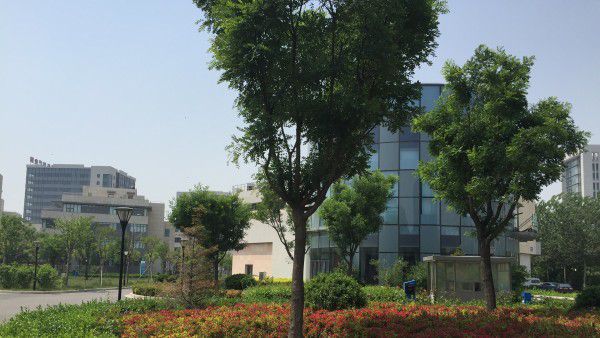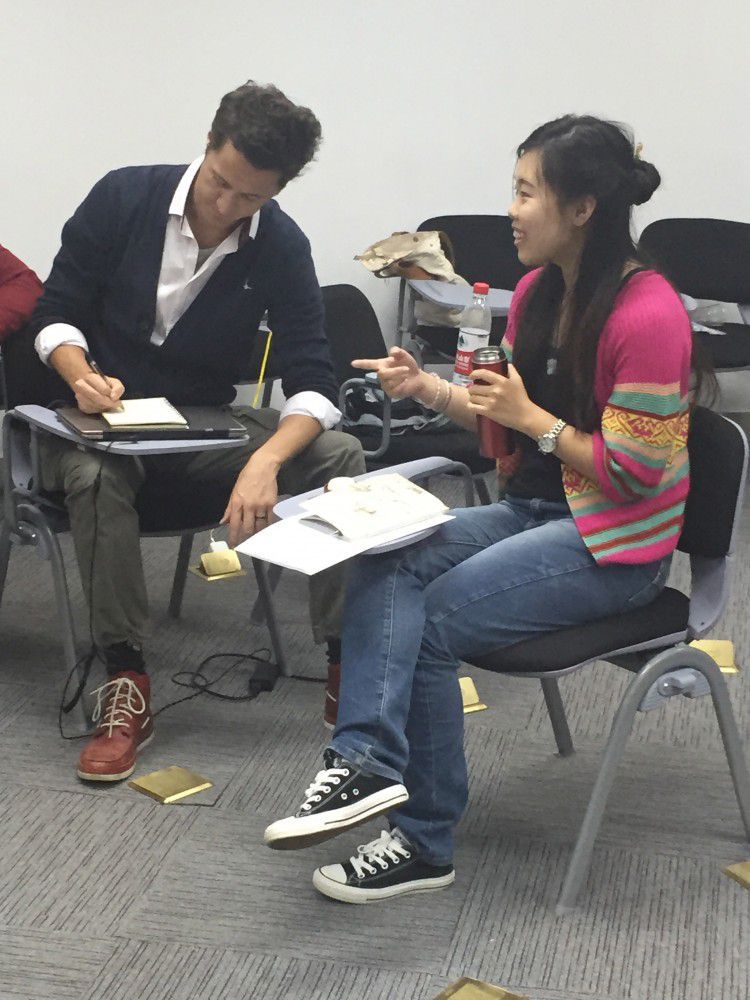Where? Tianjin, fascinating city
Established in Tianjin as a joint venture between the local government and an European business school, the ESEUNE Tianjin Business School mission is linking East and West in teaching and connecting top talent to prepare highly competent, internationally oriented managers able to adapt to the driving forces of business globalization, international competition, and international cooperation.

Tianjin / Beijing
Tianjin is the fourth largest city in China, after Shanghai, Beijing, and Guangzhou. The city of Tianjin recorded China’s highest per-capita GDP, followed by Shanghai and Beijing. Since the mid-19th century, Tianjin has been a major seaport and gateway to the nation’s capital. Tianjin’s port is the world’s top-level and China’s largest artificial deep water harbor, and the throughput capacity ranks the fifth place in the world. Tianjin harbor is the port of call to international cruises visiting Beijing. More than 300 ‘Fortune 500’ companies have set up base in Tianjin, which is a new growth pole in China and is a hub of advanced industry and financial activity. This is a great opportunity for ESEUNE students.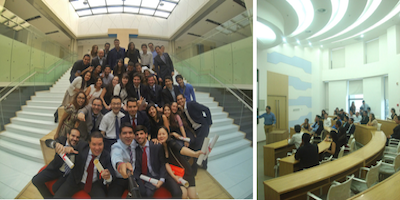
ESEUNE Tianjin
The ESEUNE Tianjin Business School campus is located at the Zhongbei Technology Park, in Tianjin (35 minutes by train from Beijing city center). Students enjoy complete facilities with modern classrooms, meeting rooms,cafeteria, rest areas and green spaces to relax in between lecture sessions. In the Technology Park, students work with managers and entrepreneurs from technology companies (software, mobile, apps, etc.)Accommodation for students is located at Tianjin Polytechnic University where students also enjoy sport facilities.
For whom?
The ESEUNE Courses are designed for people who want to become global. Students have different backgrounds like business administration, engineering, humanities… All of them are willing to have training periods in different countries in other to learn by living and working on those countries. Participants average age is from 23 to 30 years. But the group includes executive students with large experience and age around 40. The heterogeneity of the participants generates diversity of opinions, ideas and approaches whose contrast is extremely dynamic and enriching.
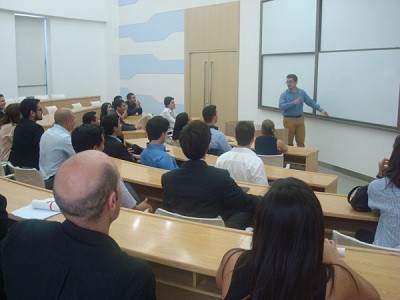
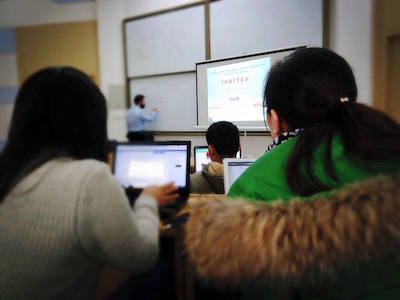
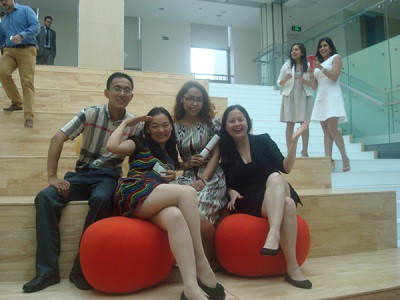

5 Months Courses / 1 Year Courses / 2 Years Courses
The Global MBA program addresses the business management from a global perspective, delving into the techniques and tools which have busted onto the general management and directly affecting the competitiveness of a global business. The program consists of 17 modules, totaling 52 credits (according to the European standards of higher education each credit equals 25 hours of work, study, and practice). The Global MBA in China focuses on 4 main areas.
5 MONTHS COURSES
From September to February or March to August.
Classes from Monday to Friday (3 hours)
Cultural activities
Site visits
1 YEAR COURSES
Starting September. From September to July.
Classes from Monday to Friday (3 hours)
Business optional Seminars
Optional internships
Cultural activities
Site visits
Field trips to Shanghai and Hong Kong
2 YEARS COURSES
Starting September. From September to July.
Classes from Monday to Friday (3 hours)
Business optional Seminars
Optional internships
Cultural activities
Site visits
Field trips to Shanghai and Hong Kong
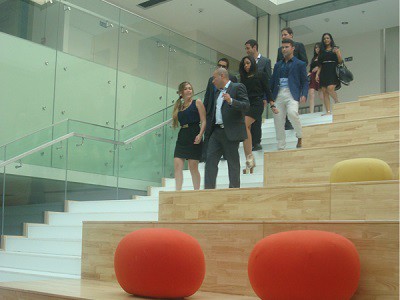
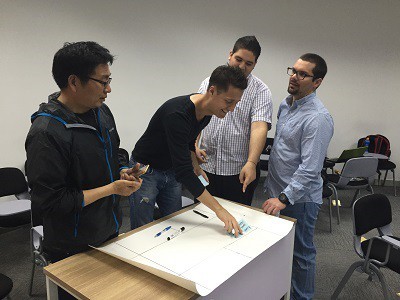
Optional Internships and Projects
Our participants learn by doing. They face real cases,and situations so that they learn how to solved problems in China. And it is from that experience and the need to solve real problems that our students better assimilate the Chinese language.
The program includes optional internship, so that the student can develop skills on China. ESEUNE equips participants with the tools and skills necessary to become a proactive, flexible professional and with a strategic vision that allows him or her to take advantage of new opportunities provided by the new competitive stage.
ESUENE methodology consists of two learning processes: IN and OUT
PROCESSES IN
Assimilation of knowledge by attending classes given by ESEUNE Tianjin professors.
PROCESSES OUT
Implementation of what was learned in real projects and optionally working at companies who hire the students for internships.



